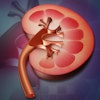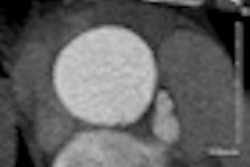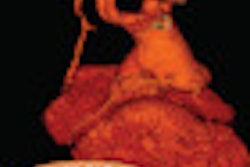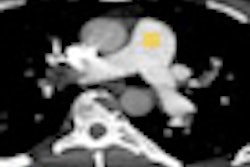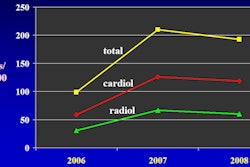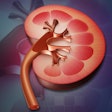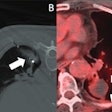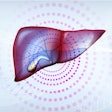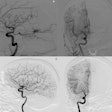Therapeutic renal denervation (RDN) can effectively reduce and control resistant hypertension when current medications fail, according to a study presented this week at the Society of Interventional Radiology (SIR) annual meeting in Chicago.
Interventional radiologists at Hôpital Européen Georges-Pompidou in Paris conducted the first human randomized, controlled trial of RDN, which uses a catheter-based probe to deactivate nerves near the kidneys or in the renal artery that are linked to high blood pressure.
Study co-author Dr. Marc Sapoval, chair of the hospital's cardiovascular radiology department, said that 39% of patients receiving the endovascular denervation treatment had reached the recommended blood pressure level after six months. Overall, 50% of patients showed a measurable benefit of the intervention.
The study targeted patients with resistant essential hypertension. By randomized assignment, 106 adult patients with uncontrolled hypertension received either oral medication or the renal denervation treatment. Six months after the intervention, systolic pressure fell an average of 32 mmHg, while diastolic pressure decreased an average of 12 mmHg.
Sapoval noted that the study's patient sample was small and the work is still experimental, adding that renal denervation should be performed only by interventional radiologists on screened patients in strictly controlled academic and/or research settings.
While the treatment's efficacy to lower blood pressure in patients with resistant hypertension will be better evaluated through future trials, some clinical findings, such as hypertension in young patients and hypertension after child bearing, can also be used by doctors to determine if other specific diagnostic tests are needed to rule out potential causes of the hypertension, he added.
